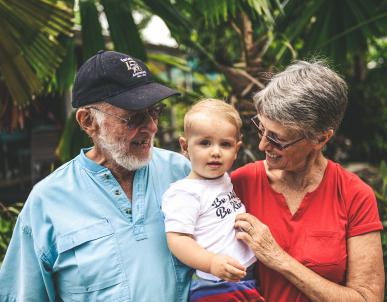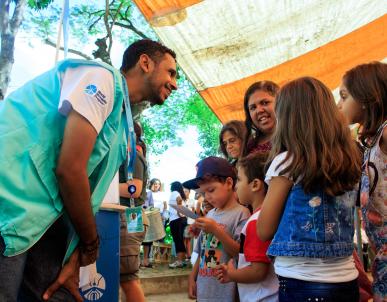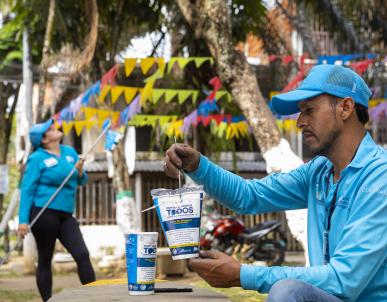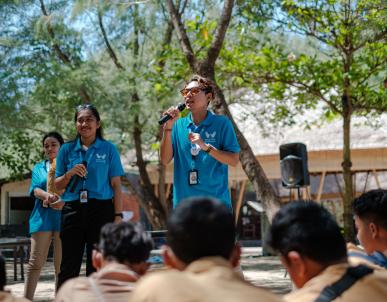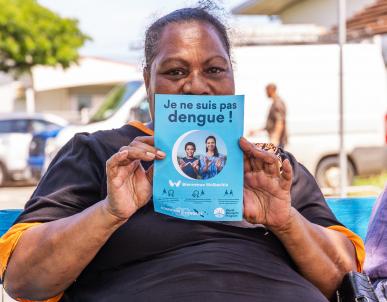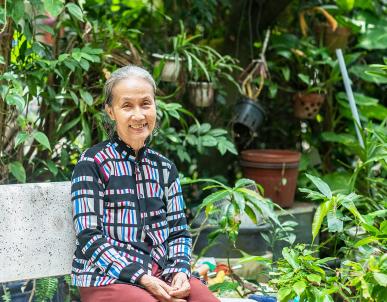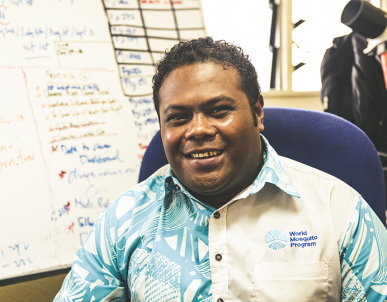Our evidence
We have growing evidence for the effectiveness and safety of our Wolbachia method and have set up projects in 14 countries.
We have released Wolbachia mosquitoes to protect over 13.3 million people (Dec 2024). In areas where Wolbachia is self-sustaining at a high level, notified dengue and chikungunya incidence has been significantly reduced.
Results from our project sites show dengue incidence is significantly lower in Wolbachia-treated communities compared with untreated neighboring populations. Our most recent gold-standard trial in Yogyakarta showed a 77% reduction in dengue incidence and an 86% reduction in dengue hospitalisations in Wolbachia treated areas compared with untreated areas.
Safe and self-sustaining
Wolbachia is safe and its virus-blocking properties persist in mosquito populations many years after release.
Public health evidence
Significant reduction in dengue and chikungunya incidence in communities where Wolbachia has been applied.
Deployable at large scale
Real-world evidence shows feasibility and effectiveness in cities with >1 million people in Colombia, Brazil and Indonesia.
Economic benefits forecast
The Wolbachia method is predicted to be cost-saving in urban communities.
Efficacy trial
A gold-standard randomised controlled trial in Yogyakarta, Indonesia showed a 77% reduction in dengue and 86% reduction in dengue hospitalisations in Wolbachia-treated areas.
Mathematical modelling
Independent experts predict that Wolbachia will eliminate dengue transmissions for decades.

Our global evidence portfolio
Results from our global project sites demonstrate consistently that dengue incidence is reduced in communities where Wolbachia has been deployed. This map highlights the health and economic impacts of Wolbachia releases in the project sites where we have finished mosquito releases.
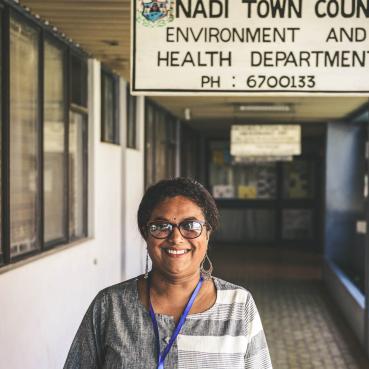
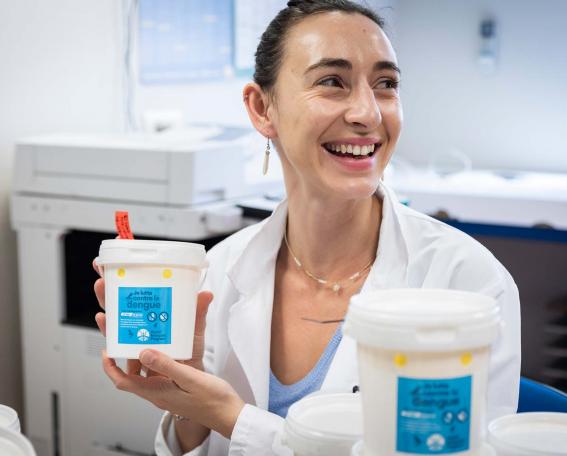
How we evaluate
our impact
We evaluate the health impact of our work by:
- Analysing public health data. This data, which is collected by local government authorities, shows if there has been a reduction in mosquito-borne disease once Wolbachia is successfully established.
- Conducting scientific trials. These trials show whether the incidence of laboratory-confirmed mosquito-borne disease is lower in communities where the Wolbachia method has been implemented, compared to communities without Wolbachia. We are currently conducting trials in Indonesia and Colombia.
United Nations’ Sustainable Development Goals
In 2015, world leaders agreed to 17 Global Goals for Sustainable Development, to create a better world by 2030.
Our work supports many of the Sustainable Development Goals (SDGs), primarily SDG #3: Good health and well-being, in particular Target 3.3: Fight communicable diseases. This target calls for the end to epidemics of AIDS, tuberculosis, malaria and neglected tropical diseases and to combat hepatitis, water-borne diseases and other communicable diseases. Dengue, Zika and chikungunya are classified as neglected tropical diseases.
Our work also supports
SDG #1: No poverty
Costly medical treatment for mosquito-borne diseases cause financial hardship for individuals and households, and time spent recuperating restricts their ability to earn a living or pursue education. Our work towards reducing these diseases will help to decrease poverty and increase economic prosperity.
SDG #11: Make cities inclusive, safe, resilient and sustainable.
The majority of our work is undertaken in high-density urban environments where Aedes aegypti thrive and where viruses can be easily transferred from one person to the next. Our approach is very cost effective and indeed is predicted to be cost-saving in most populous city locations where these diseases are currently entrenched and create sustained economic burden.
Read about how urbanization affects the spread of dengue fever.
SDG #17: Partnerships for the Goals
The global effort to control and eliminate mosquito-borne diseases is one of the largest public health initiatives ever undertaken. Our work towards mobilising financial resources from partners and funders, and working in partnership with government, non-government organisations and local communities, is helping to reduce mosquito-borne diseases.
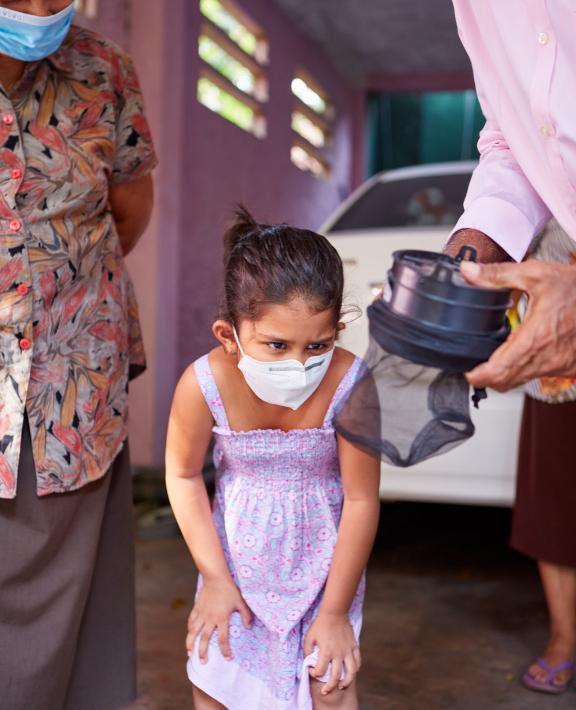
Neglected tropical diseases
Neglected tropical diseases are a diverse group of communicable diseases that are common in tropical and subtropical conditions in 149 countries. Every year, they affect more than one billion people and cost developing economies billions of dollars.
People living in poverty, without adequate sanitation and in close contact with infectious vectors, domestic animals and livestock, are those worst affected. Neglected tropical diseases are called ‘neglected’ because they generally afflict the world's poor and historically have not received as much attention as other diseases.
The World Health Organization manages classification and public health information about these diseases, which include dengue and chikungunya.
The World Mosquito Program uses safe and natural bacteria called Wolbachia to reduce the ability of mosquitoes to transmit dengue, Zika, chikungunya and yellow fever.



